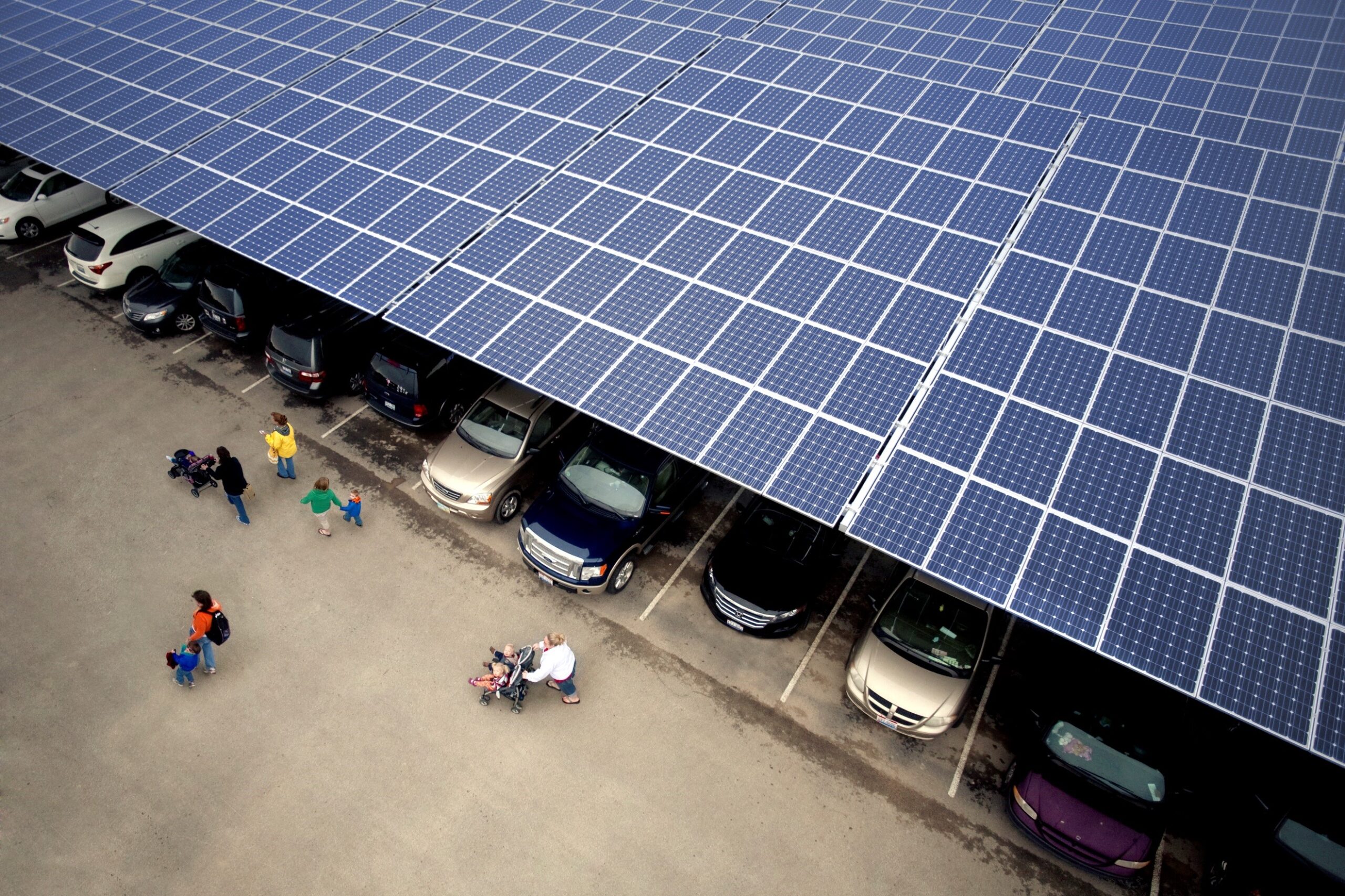What’s the Greenest Zoo in America® Doing to Combat Climate Change?
The Cincinnati Zoo is working toward increasing our resilience and our regenerative impact in our own backyard, by reducing greenhouse gas emissions and increasing carbon sequestration efforts. See for yourself! Book a green tour.
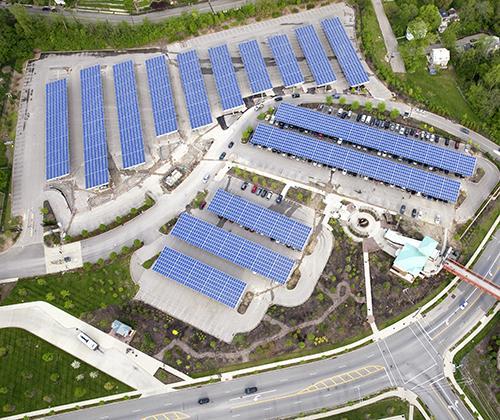
Renewable Energy
The Zoo aims to generate more renewable electricity for the grid than it uses by 2025 via our own solar arrays on campus, as well as facilitating the implementation of solar generation outside our fence in Avondale, Warren County, Africa, and beyond. We promote access to affordable, reliable, sustainable, and modern energy for all.
By upgrading equipment and infrastructure, performing audits, building to LEED platinum standards, electrifying our fleet, and installing solar renewable energy systems the Zoo is reducing our need for fossil fuels and generating renewable energy- not just for ourselves, but for our community.
Solar Arrays
- X MW of battery storage allowing the Zoo to use solar energy in an emergency (upcoming project)
- 2.8 MW Erkenbreker parking lot array
- 1.56 MW Vine St. Parking lot array
- 19.3 kW Education rooftop array
- 28 MW array owned by Harrison Street on our Bowyer Farm property. The Zoo is leasing 145 acres of land for the solar farm (complete with grazing sheep and pollinator-friendly plants to create a healthy agro-solar ecosystem).
- 35 kW Hippo Cove rooftop array
- 33 kW Painted Dog rooftop array
- XkW Elephant Trek rooftop array
Water Reclamation
Greater Cincinnati has the oldest combined sewer system in the country, meaning that during any heavy rain billions of gallons of raw sewage overwhelm pipe capacity. To mitigate the resulting social and ecological issues, Cincinnati Zoo & Botanical Garden collects and reuses every drop of water that falls on our campus. This keeps sewage out of the Ohio River (one of the most polluted major rivers in the US) and out of our neighbor’s basements. Studies have shown that in U.S. urban areas, poor stormwater management affects people of color and of lower socioeconomic levels at a disproportionate rate.
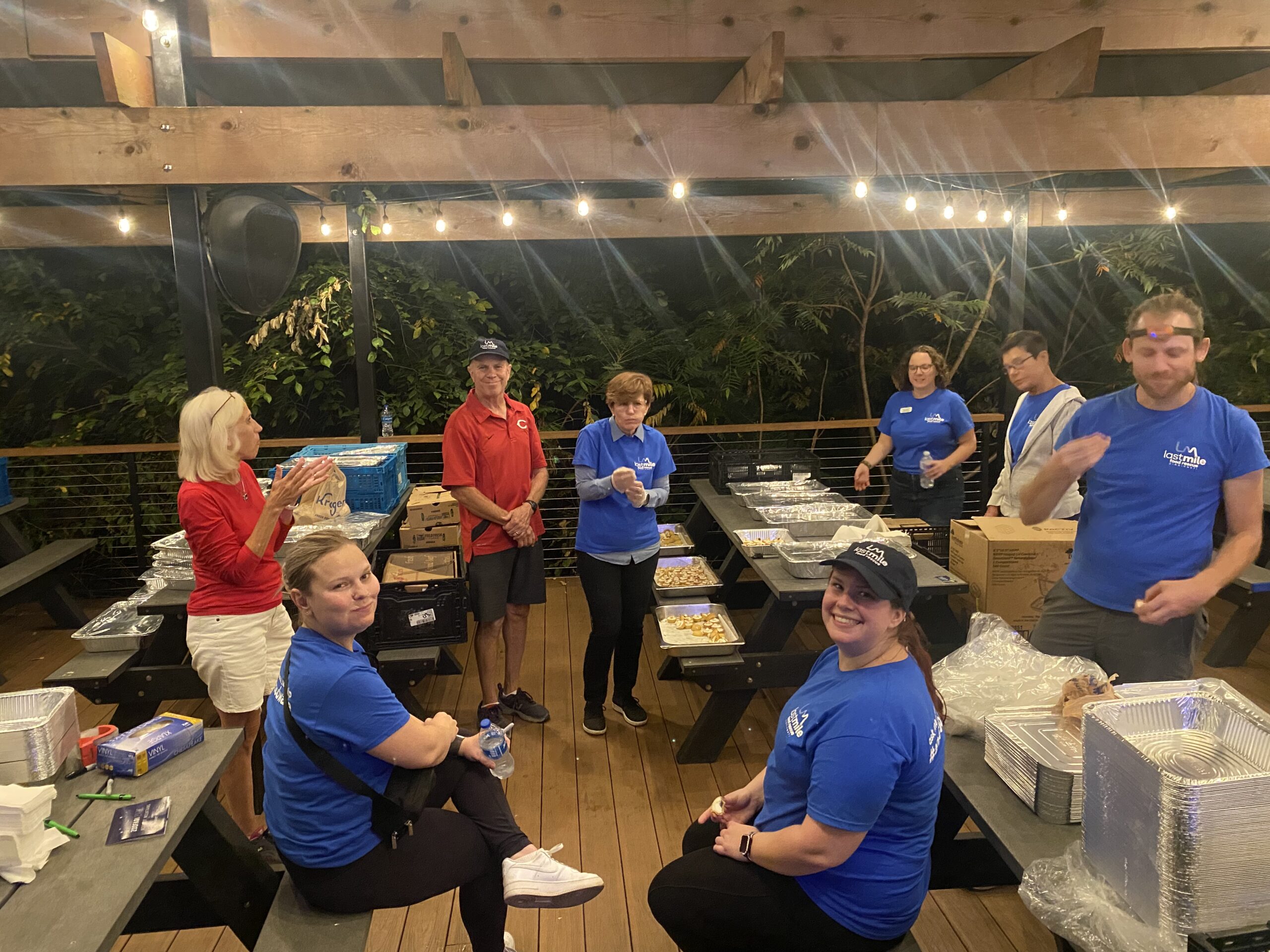
Zero Waste Events
All ticketed events held at Cincinnati Zoo & Botanical Garden are Zero Waste, made possible by our partnerships with ODRC and Last Mile Food Rescue. Event waste is sent to our partners who hand-sort it into appropriate waste streams, with a compost program on-site, and recycling partners who take and recycle various hard-to-recycle items.
At least 90% of an event’s waste must be diverted from the landfill for it to be considered a Zero Waste Event. To make this happen at the Zoo, all single-use products provided to guests are made of compostable, BPI-certified materials. Products such as plates, silverware, cups, and napkins will all be composted. All standard trash cans throughout the zoo will be used as compost bins for these events, so you will only find compost and recycling available. All waste accumulated will be composted, and all aluminum will be recycled.
Sustainable Construction
All new construction projects are built to LEED Platinum standards, and Cincinnati Zoo & Botanical Garden has the 1st Living Building Challenge-certified project in State of Ohio and in our industry. Leadership in Environmental Energy and Design (LEED) is a rating system developed by the U.S. Green Building Council and Living Building Challenge (LBC) is an international sustainable building certification, even more rigorous than LEED, developed by the non-profit International Living Future Institute.
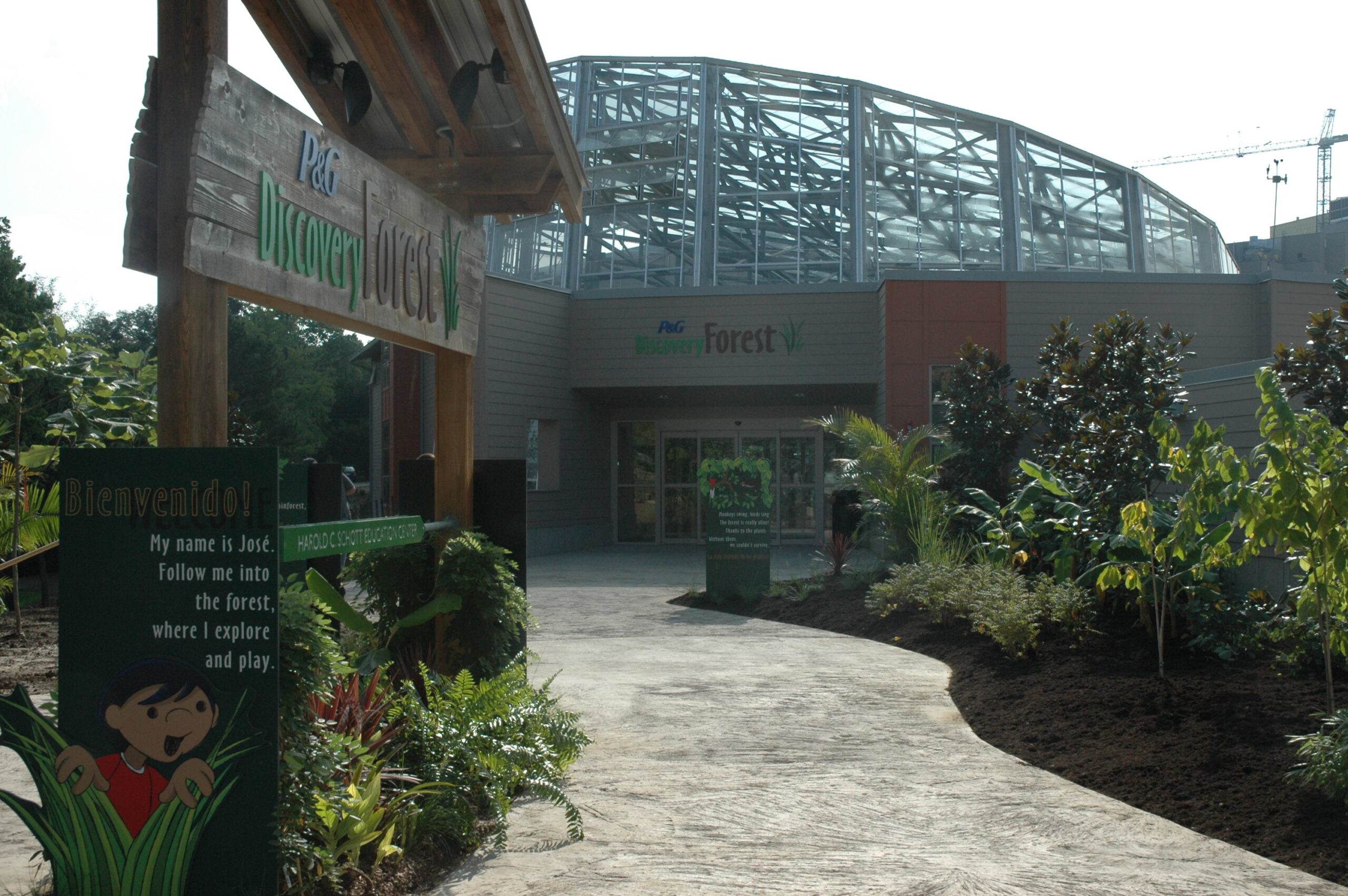
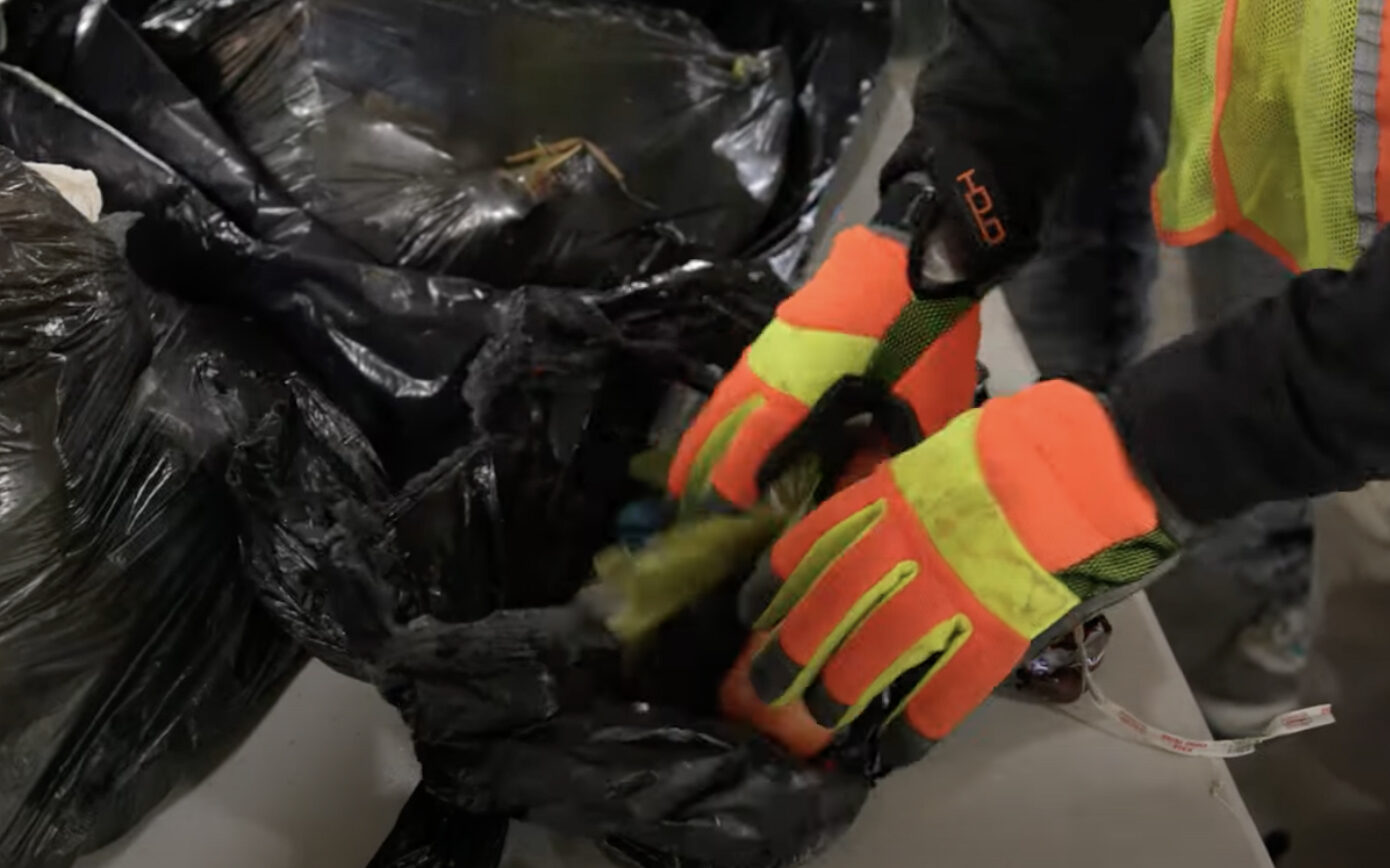
Zero Waste
The Zoo has set the goal to be Zero Waste by 2025. This means at least 90% of the waste generated at the zoo will be diverted from the landfill, via reuse, composting, and recycling efforts.
Organic Waste
About 80% of Cincinnati Zoo & Botanical Garden’s waste stream is organic waste generated by the animals and our cafes. The Zoo is working with a local farm to pile and compost elephant manure, turning it into a regenerative soil additive.
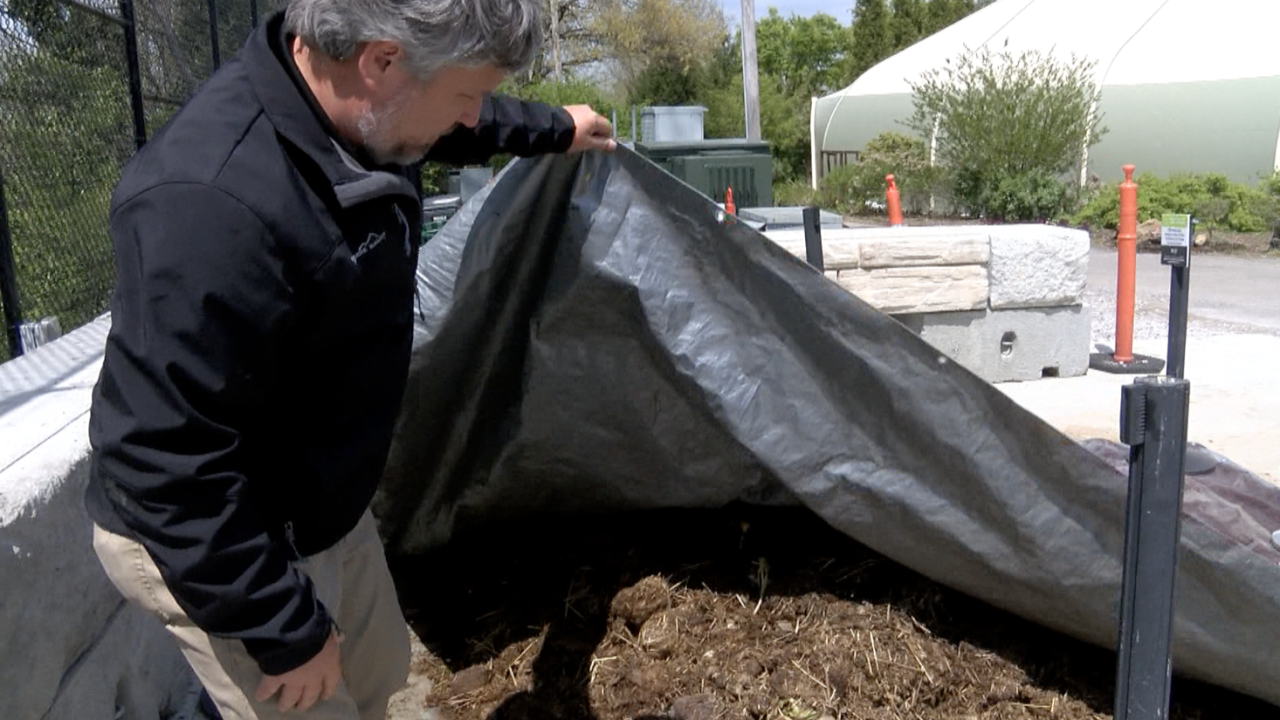
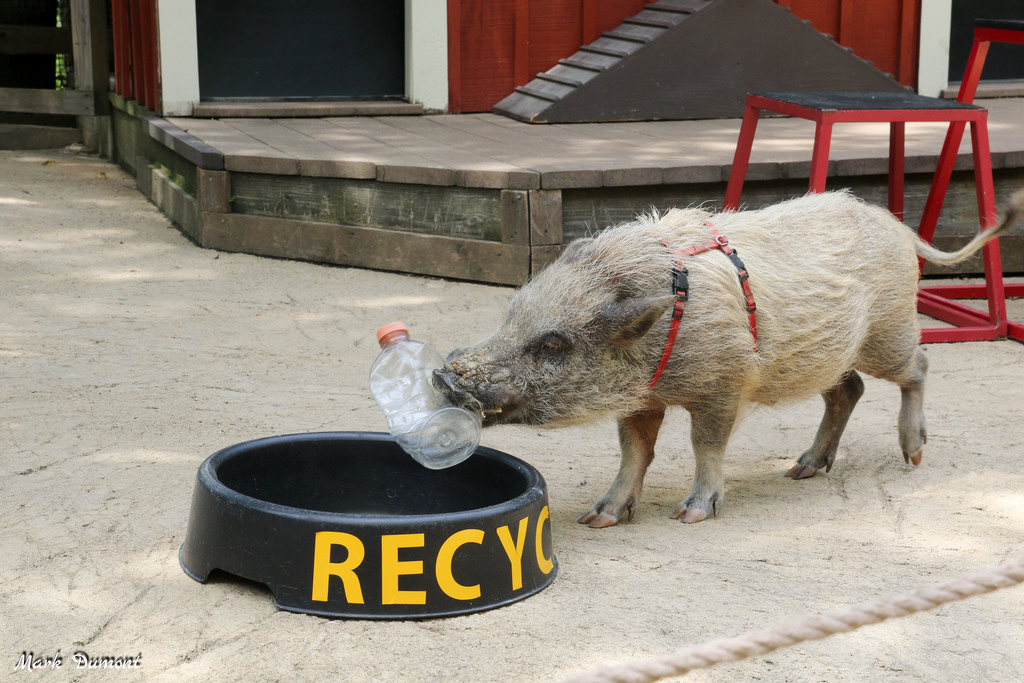
Specialty Recycling Garage
We have dedicated an on-site collection space for items that cannot be sent to Rumpke’s mainstream recycling. Items are collected in this space for both reuse and recycling through our partners at the Cincinnati Recycling and Reuse Hub
Responsible Consumption
The Zoo is changing what, where, and how we consume to minimize negative environmental impact and increase positive social impact. Cincinnati Zoo & Botanical Garden is committed to sourcing supplies and services locally to invest in our community and better manage our planet’s limited resources. We are working to develop an innovative and resilient food procurement plan, and goals to spend more dollars with minority-owned vendors.
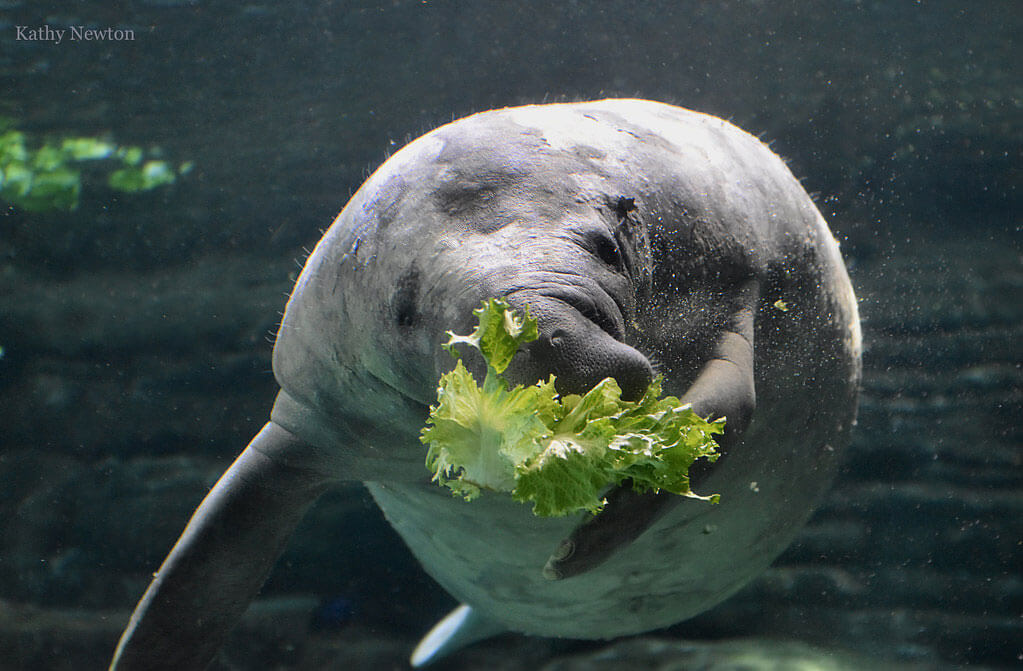
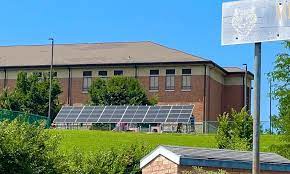
Community Solar Resiliency Program
The Zoo, in close partnership with SonLight Power, has installed solar arrays at three public schools and one community church via the Community Fund projects. The Zoo will continue to be a critical partner for these projects, but we plan to expand our investment in community solar installations. It’s essential that we recognize our privilege and use our experience and networks to work alongside our neighbors in Avondale and other historically under-resourced communities disproportionately affected by climate change to spread access to solar energy. Cincinnati Zoo & Botanical Garden has created a funding framework for positive impact, in part to fulfill our Net Zero Energy and emissions reduction goals. Rather than purchasing outsourced Renewable Energy Credits (RECs) with intangible environmental impact, these funds will support various climate and conservation initiatives, including the formalization of the Community Solar Resiliency Program, a yearly installation of a solar array on key community buildings.

